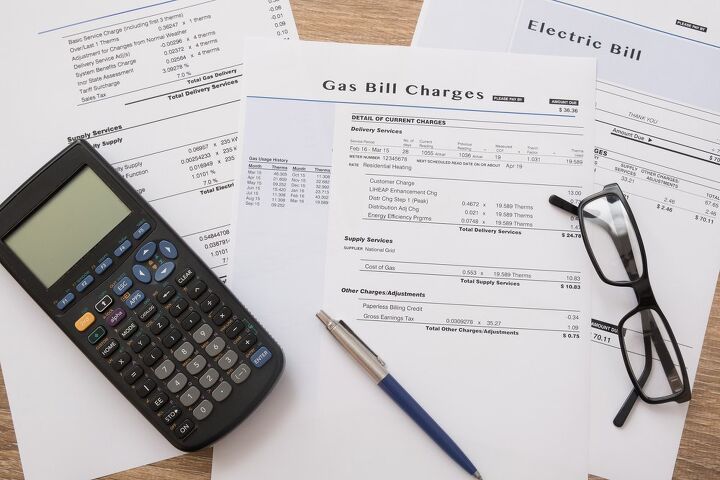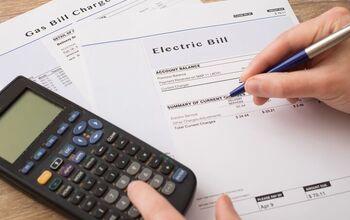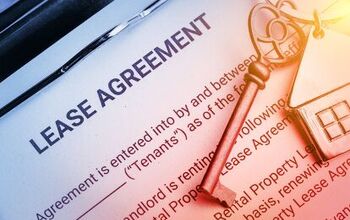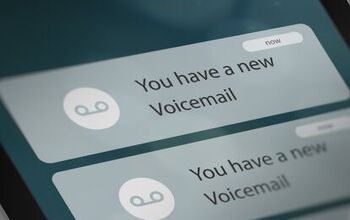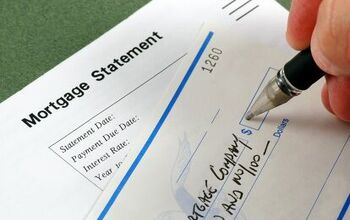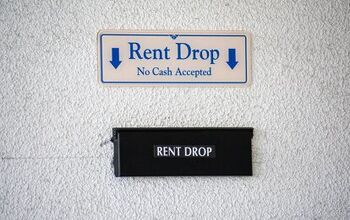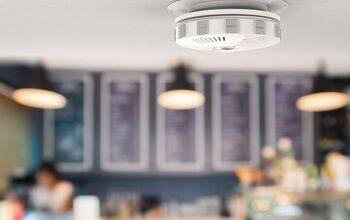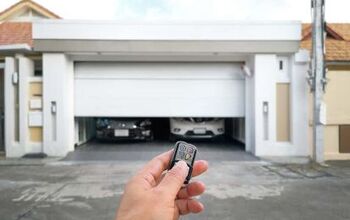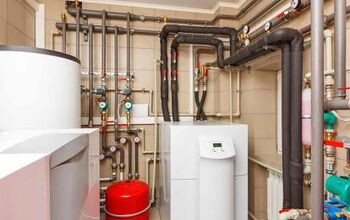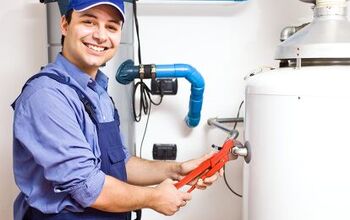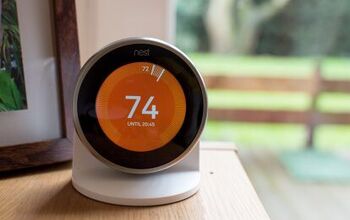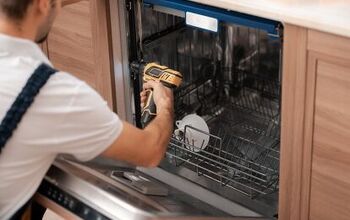Landlord Not Sending Utility Bills? (Here's What You Can Do)

Utility bills are a fact of life for most adults. They vary in price and frequency but it can sometimes feel like bills roll in nonstop. It may come as a shock then, when your landlord does not send you any utility bills.
When your landlord is not sending utility bills, check your lease to confirm you are responsible for paying them. Once you confirm the bills you are responsible for, confirm they are under your landlord’s name. Contact your landlord and request the bills in question. Be specific in your letter and save the communication for your records.
Do You Need to Hire Movers?
Get free, zero-commitment quotes from pro contractors near you.

Who Is Responsible For Utilities
When your landlord is not sending utility bills, you may be confused as to why. If no bills arrive, you should confirm you are the one responsible for paying the bills in question.
Check Lease
When you try to understand who is responsible for paying the utilities you should first check the lease. Your lease is the defining document when it comes to who is responsible for paying what utilities.
Be sure you review the lease carefully. Often some utilities are included while others are not. Additionally, you may notice that some utilities should be paid to the landlord while others the tenant’s responsibility to pay directly to the company.
Your landlord may mention that a certain utility is “included in rent.” This means your landlord has factored the cost in with the rental price and you will not be charged an additional amount.
Are There Payment Guidelines?
Once you locate the area of the lease that focuses on utilities, be sure you carefully read the payment guidelines. Your landlord may have specific means in which he or she will request money or send bills.
A landlord may request money from you through a third-party payment service like PayPal, for example. You may be required to create an online account. You may also be asked to contact the landlord for an amount on a specific date.
There are a variety of ways your landlord can request bill payment, not just via a bill in the mail.
If you sign the lease you are also agreeing to the terms of bill payment as well.
Do You Have An Additional Agreement With The Building?
If you live in a large building with amenities and services, you may be charged through its management office. Trash service, gym, and parking are some utilities that might not go through your landlord. Be sure to read any supplemental agreements to ensure your bills are in order.
Whose Name Are The Bills Under
Once you determine what bills you are responsible for you must determine whose name they are under. Before you rely on your landlord to send you the utility bills, be sure the bills are in your landlord’s name. The bills may be under your landlord’s name, but unless your landlord is using the utilities, you are likely responsible for the entire bill.
If some bills are not accounted for, you may have to start your own account with a utility company. This is particularly common for those at the start of a lease. Be sure to confirm all the utilities you use are in either your name or your landlord/management company’s name. This will help avoid the utilities being shut off for non-payment.
If you determine all bills are in your landlord’s name and he or she has not sent you any bills, you should reach out.
Contact Landlord
It is time to contact your landlord once you confirm the bills you are responsible for are under your landlord’s name. You can try and call your landlord if you believe this problem is a simple problem with a quick fix. If, however, this is an ongoing issue that involves several bills or one bill over several months – an official letter is in order. There are several things you should remember to include in this type of letter to your landlord.
Traceable Communication
Send your formal letter requesting utility bills using a traceable form of communication. This can be certified mail, or even an official e-mail. You will want to document this correspondence in case the issue continues or escalates. This letter will show you are proactive.
Include Specifics And Dates
When you send this official request for missing utility bills, remember to be specific. Include the entire date range you are missing. The best way to determine this is to look at the last bill you paid to determine what dates are outstanding.
It may seem obvious, but also include which utility bills you are missing. If you are missing the electric and the gas bill, be sure to mention both of them and both date ranges (even if the date range is the same).
Quote The Lease
Mention the lease in the email. Write the exact verbiage that explains you are to pay the bills to the landlord. This helps avoid confusion and unnecessary back and forth.
Include Desired Resolution
Conclude the letter with gratitude for understanding, but also a resolution. Make sure you are clear that you are requesting these documents as soon as possible in order to pay your balance.
Do You Have Account Information?
Remember that you may have access to your bills even if your landlord did not send them to you. If you have the account information, or an access code, some companies will allow you to pay your bill online.
In some cases this step must be done by the landlord, but in others you may be able to submit your payment directly to the company if you enter the account number and other information you may already have.
Is The Bill Seasonal Or One-Time-Only?
There is a small chance you are waiting for a bill that does not exist yet. Certain bills only occur seasonally, or upon usage. If your home uses oil heat, for example, the landlord may only receive the bill when the oil tank is completely filled up. This means you may go months without receiving an oil bill.
If you are concerned this may be the case and you will be confronted with one large sum, communicate this with your landlord.
Tying Up Loose Ends
When you live in an apartment and your landlord does not send you any utilities it may seem too good to be true. The odds are it is too good to be true. When your landlord is not mailing the bills you should be proactive.
Check your lease and confirm the bills you are responsible for. Once you determine the bills you should pay, see whose name they are under. If your landlord’s name is on the bills in question you should send him a detailed letter.
Make sure you inform your landlord of the exact date range you still have left to pay. This will help avoid any unpaid pockets of time. Make sure your landlord knows all the bills you are missing as well. Once you send the letter be sure to save a copy for your records in case the issue continues or escalates.
Do You Need to Hire Movers?
Get free, zero-commitment quotes from pro contractors near you.

Related Questions
Can My Landlord Cut Off My Utilities?
Your landlord cannot shut off your utilities without a formal court order. Landlords are required to provide tenants with a habitable dwelling, and removing access to utilities puts that in jeopardy.Even if you are in the middle of eviction proceedings, your landlord cannot simply shut off utilities in order to get you out of the home. If your landlord is not allowing you access to utilities you can contact your local police to quickly and safely resolve the matter.
Can My Landlord Control The Heat?
Your landlord is required by law to provide you with access to all utilities that will make your dwelling habitable. This includes providing access to heat. Your landlord does not have to pay for this utility. If you pay for your heat you should be able to control it. If your landlord pays for your heat bill, it is within his or her right to control it to a certain degree. When your landlord is paying the utility bill he or she can set the temperature to a temperature that is within the legal standards of your location. If your landlord controls the heat, look up the local laws about minimum temperatures allowed.
Can My Landlord Sue Me For Not Paying Utilities?
When you sign your lease you must be sure what utilities, if any, you must pay. If you do not pay your utility bills they do not simply go away once you move out. If the bills are in your name, bill collectors will pursue you until you cough up the money. When the bills are left with the landlord, your landlord can come after you as well.If a landlord has proof that you are liable for unpaid utilities he or she can come after you for every last penny. Your landlord can even file a lawsuit against you to ensure payment. Be sure to pay your utilities and tie up loose ends to avoid getting sued by your landlord.

Tom Gaffey is an expert writer who currently resides in Washington D.C. Tom has a passion for real estate and home improvement writing, as well as travel and lifestyle writing. He lived the last twelve years in Hawaii where he worked closely with luxury resorts and event planners, mastering his knowledge of aesthetics and luxury products. This is where he found his passion for home improvement and a keen interest in DIY projects. Currently, Tom resides in Washington D.C, and also working on his debut fiction novel.
More by Tom Gaffey



